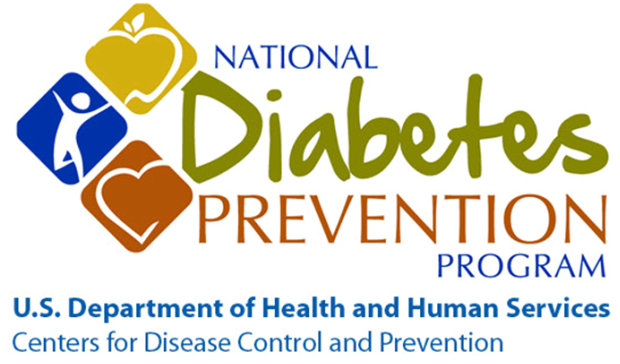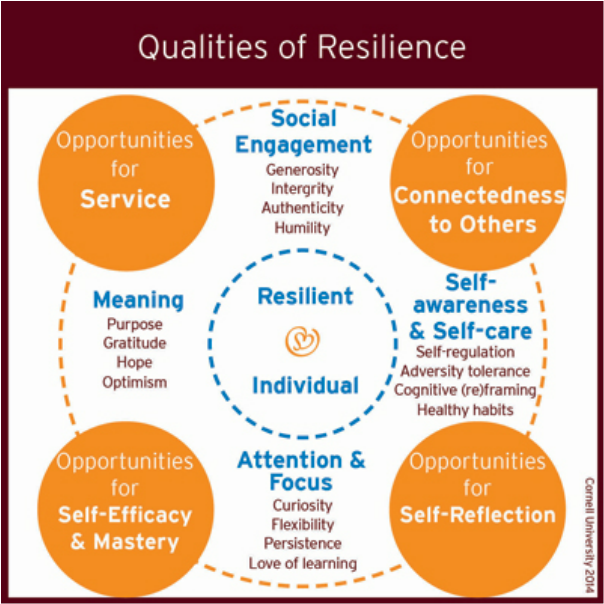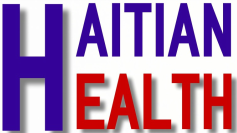|
A research study on low and lower-middle-income countries found a significantly positive association between longevity and the following socio-ecological determinants: Gross national income, physician density and mean years of schooling [1]. In a more recent study [2], internet user rate was also positively and statistically significantly associated with life expectancy in more than 178 countries. The countries where the average number of people lived longer had the highest frequency of people with access to internet-based health information.
Comparatively, although smartphone ownership and internet usage has been increasing worldwide, particularly in low and lower-middle-income countries [3], access to health information was found to be restricted [4, 5] and less prevalent [6] among certain users.
0 Comments
Early education, a well built environment, access to quality and affordable preventive care, social support, and policy changes and implementation are some of the upstream health factors that impact human behavior [1]. Behavioral changes can become manifest in the home environment, in the school setting, inside organizations, and at the community level. The expectations are such that, at the macro level, they will be reflected in the population health.
In a recently updated systematic review for the U.S. Preventive Services Task Force, the authors compiled the data on several studies that investigated the benefits and potential negative consequences of early health and behavioral education as a preventive clinical strategy for reducing the incidence of precursors of cardiovascular conditions among healthy people [2]. Micronutrients are fundamental components of healthy foods that are necessary for the prevention and good management of chronic conditions in the world population. In a recent study [1] involving Haitian-Americans, African-Americans, and Cuban-Americans, the researchers explored if any differences existed in the level of nutrients intake between the participants who were not diabetic and those who were. The level of adequacy of nutrient intake was also analyzed between the members of these three ethnic groups.
In times past, obesity was oftentimes synonymous with well-being and riches. However, decades of research revealed to us the detrimental impacts of this health condition on individuals and society. Following the dramatic changes in food production and population migration, this heath condition has become more widespread affecting all levels of society in the U.S. and many other countries in the world.
In the northeast region of the U.S., a group of recent immigrant women were interviewed on some of the socio-ecological determinants of obesity [1].  In all cultures, stories have played a vital role in the sharing of ideas, memories, and wisdom among community members. In infancy, childhood and adulthood, humans have always been fascinated by stories that resonate with them and create these feelings that are likely to have either a short or long-lasting impact on their lives. Thus, several researchers teamed up to explore the usefulness of storytelling to influence the level of knowledge, attitude, and behavior of patients in regards to their lifestyle managements. The home environment can promote or discourage individuals from adopting healthy habits. In a study conducted by Kegler et al. (2016), we learn about the importance of structuring one’s living environment and the benefits of individual coaching for engaging in the recommended 150 minutes of moderate intensity and muscle-strengthening physical activity per week.
 Does believing in God influence people’s view of their body as sacred, and condition them to lead a certain lifestyle? In a newly published study, Krause et al. (2016) demonstrated in scientific terms that having a weak or strong faith in God, as a helper in times of needs, influenced people’s perception about the sacredness of their bodies [1]. Based on perception, some people were more likely to engage in healthy behaviors, while others were not. Nationwide Expansion of the Diabetes Prevention Program to include more people with health coverage9/2/2016  Too many people in the U.S. population are still unable to enjoy the universal right to quality health care. One determinant of this obstacle is the inadequacy of health care management in undeserved populations. The Affordable Care Act is a major legislative act that aims to address this issue by increasing access to affordable health insurance and behavioral care to all Americans [1]. Building on this great accomplishment, the Centers for Medicare and Medicaid Services (CMS) proposed that starting January 1, 2018, more Medicare recipients benefit from the evidence-based Diabetes Prevention Program (DPP) [2].  According to a recently published study, some Haitians have been experiencing the lack of access to quality mental and medical care, affordable housing, opportunities to earn decent wages, and the anguish associated with their undocumented statuses in the U.S. [1]. In spite of these hardships, they have been able to survive, due to their extraordinary resilience. Resilience, a term used to describe the capacity of individuals to adapt to stressful and perilous circumstances, and consequently become more empowered, was never measured in Haitians using a reliable and valid questionnaire in Creole, until recently.
In a recent study, members of the Haitian community living in the U.S. expressed the needs for improved access to care for their psychological and physical concerns, low-income housing, work opportunities; and regulation of the immigration status of the undocumented Haitians [1]. Although strong social support exists among the Haitians, which has been playing a great role in their capacity to cope with these stressors, no assessment tool could reliably and validly capture their mental well-being in their own language. Recently, a culturally appropriate scale to screen for depression was developed. |
Mickelder Kercy, M.D. M.S.I learned about the art and science of medicine and was introduced to the community and population-based aspects of public health at the Université Notre Dame d'Haiti. My early practical interventions in the field of public health during medical residency in Haiti fostered my interest in pursuing additional academic training in public health. At Columbia University in the City of New York, I specialized in Public Health with a minor focus on Community Health Education. My special interest is in non-communicable chronic diseases, and the social-ecological approach to health education and promotion in secular and faith-based communities. Archives
October 2017
Categories
All
To subscribe to our blog and receive notifications of new posts by email
|






 RSS Feed
RSS Feed
